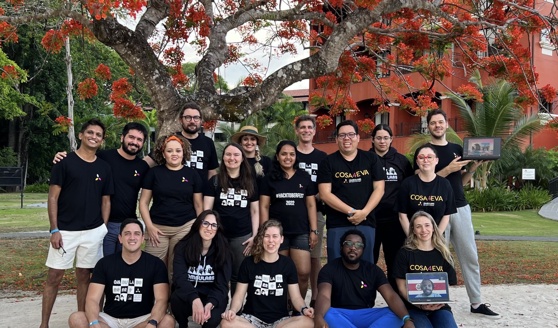App Development for IT Solutions Company
- Mobile App Development
- Confidential
- June - Sep. 2022
''Their expertise and skill levels were their best attributes.''
- Other industries
- Gunnison, Utah
- 1,001-5,000 Employees
- Phone Interview
- Verified
An IT solutions company hired OmbuLabs to provide app development. They enhanced the functionalities of the client's cloud-managing Ruby On Rails app using PostgreSQL and Docker as main technologies.
OmbuLabs enabled the client to update, maintain, and modernize their site — they exceeded the client's expectations. OmbuLabs led a communicative process with constant reports through Microsoft Teams and Zoom. In addition, they're US-based, which was key for the team.





